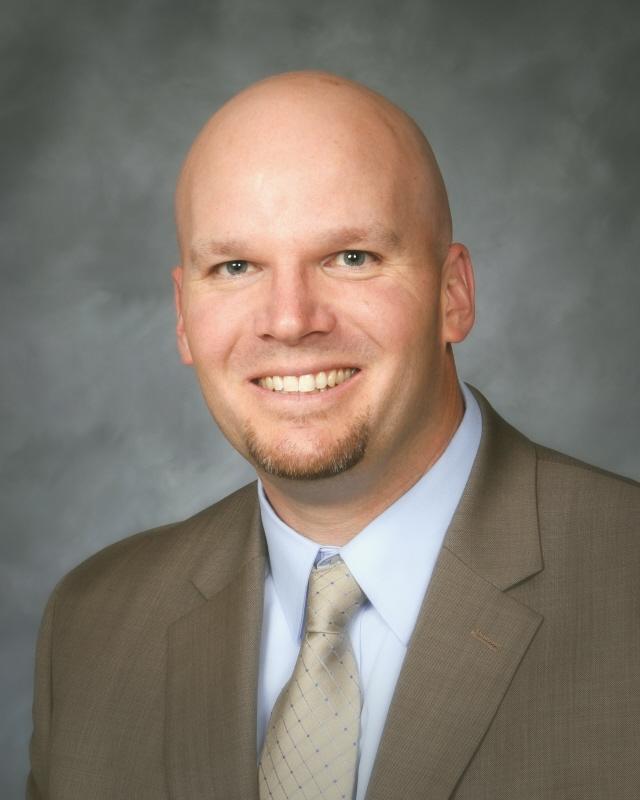Four-period block schedule top consideration for new bell schedule
A redesigned bell schedule featuring four-period blocks is being researched as a top option for Wenatchee High School’s class of 2021. The schedule was created in order to implement the state’s new 24-credit graduation requirement.
In an email, WHS Principal Eric Anderson revealed that the four-period block scheduling was chosen because it was the option that best fit the required schedule priorities. “The students are used to [the block schedule], and it gives the teachers extra prep time,” Anderson said.

Anderson and the schedule planning committee — a group made of volunteer WHS teachers — are currently in the process of researching the new bell schedule with schools both in and out of Washington state that have successfully integrated the four-period block method.
Anderson later stated that the outcomes of this research are too early to be seen. He said the primary focus is to gather the questions and comments of everyone who will be affected by this decision, and later present the results to both the school board and student representatives.
“There is no perfect schedule, but what we need to do is find a balance of pros and cons, Anderson said. “We need to find that and ask, ‘How do the other schools address this?’”
The pros of the four-period block schedule range from fewer class transitions to reduced student focus, and even a smaller number of students for the teachers to keep track of. On the other hand, it also presents drawbacks such as increased staffing, additional costs, and possible state testing complications. Anderson and the committee are using their two-year head start to their advantage by solving as many of these challenges as possible and determining the schedule’s details and process.

“We asked ourselves, ‘What are we willing to live with? What are the maximums that we can do?’” committee member Brian Higgins said. Higgins is the representative for the English Department. “We took the ideal situation and went from there. We want to be realistic, but still make the best plan.”
Though the task to create a new 24-credit schedule may be daunting, Anderson and the committee have faith in both each other and the skills they possess. They are willing to work hard and keep an open mind to build the schedule they need, Anderson said.
“[Getting the schedule planned in time] is really all about the attitude we have,” Higgins said. “We have extra time, and I believe we can get this done. As long as people work together, we can make great strides.”



